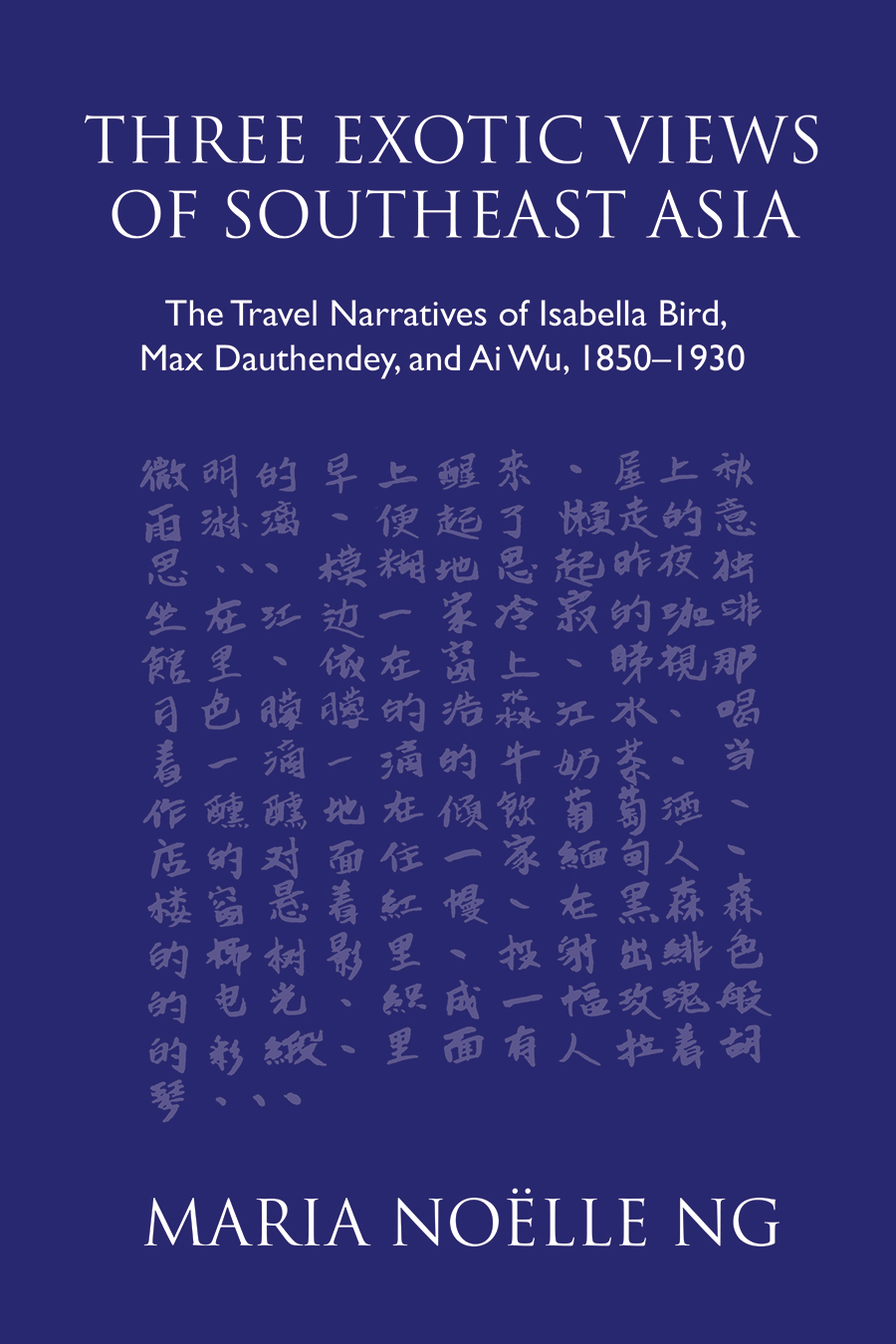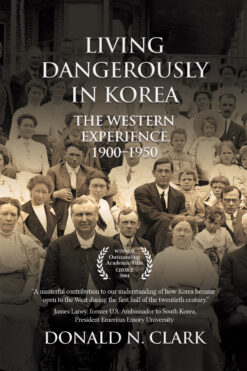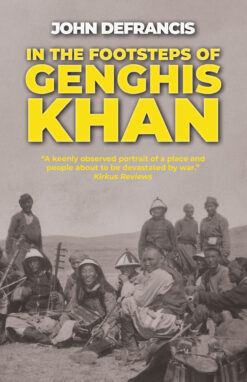Three Exotic Views of Southeast Asia
The Travel Narratives of Isabella Bird, Max Dauthendey, and Ai Wu, 1850-1930
Maria Noëlle Ng
Eastbridge Books | April 2002 | 228 pages
We have temporarily suspended direct orders from our website while we address supply chain issues.
However this title is also available from:
Amazon
|
The Book Depository (worldwide)






